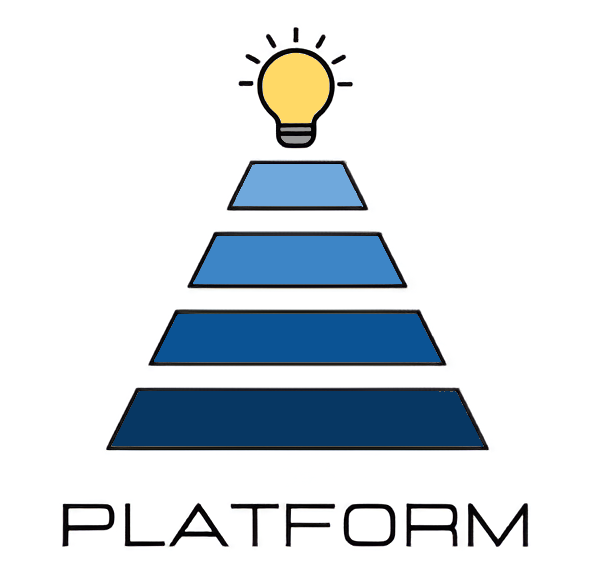Lifelong learning is the continuous pursuit of knowledge and skills throughout an individual’s life. It goes beyond formal education, encompassing informal and non-formal learning experiences that enrich personal growth, professional development, and societal contribution. Rooted in curiosity and adaptability, lifelong learning equips individuals to navigate an ever-changing world, empowering them to embrace opportunities and challenges with resilience.
A Brief History of Lifelong Learning
The concept of lifelong learning has evolved over centuries. In ancient civilizations, education was often reserved for elite groups, focusing on philosophy, governance, or religious studies. With the Enlightenment in the 17th and 18th centuries, the value of education expanded as a means to promote reason and individual empowerment. By the 20th century, technological advancements and global interconnectedness highlighted the need for ongoing learning to keep pace with societal and economic changes. International organizations like UNESCO formalized the idea in the mid-1900s, advocating for education as a lifelong process accessible to all.
Today, lifelong learning is recognized globally as a cornerstone for personal fulfillment, professional success, and inclusive societies. In Queensland, policies supporting lifelong learning aim to bridge skill gaps, promote equity, and enhance the state’s economic resilience.
The Benefits of Lifelong Learning
Lifelong learning offers far-reaching benefits for individuals, communities, and economies:
- Personal Growth: Continuous learning fosters intellectual curiosity, creativity, and self-confidence. It helps individuals stay mentally active, maintain cognitive health, and derive meaning and purpose from life.
- Cognitive Benefits: Scientifically, lifelong learning has been shown to improve memory, enhance problem-solving abilities, and delay the onset of cognitive decline. Engaging in new and challenging learning activities stimulates neural pathways and promotes brain plasticity, keeping the mind sharp and resilient.
- Professional Development: Lifelong learning enhances employability by keeping skills relevant and adaptable to evolving industries. It opens pathways to career advancement, entrepreneurship, and innovation.
- Social Inclusion: Learning initiatives build stronger, more inclusive communities by breaking down barriers to education and fostering a culture of collaboration and mutual understanding.
- Economic Prosperity: Lifelong learning drives workforce productivity and adaptability, enabling economies to thrive in dynamic global markets.
- Resilience and Adaptability: In a rapidly changing world, lifelong learning equips individuals to embrace new technologies, shift careers, and adapt to unforeseen challenges.
